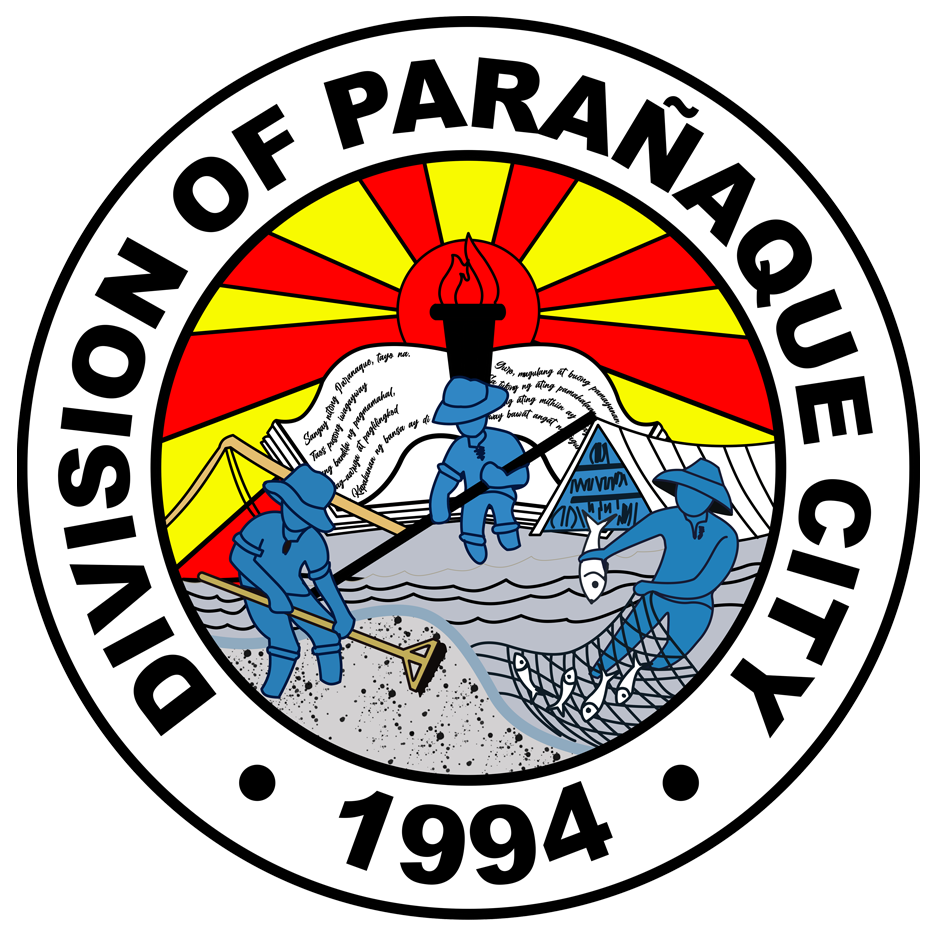Building Drug-Fee Paraǹaque City Schools
Schools Division of Paraǹaque in coordination with Public Schools District Supervisor Mineilwin R. Serdana, Division NDEP focal person, joined the symposium dubbed as Journey to a Drug Free Campus organized by the School Anti-Drug Abuse Council (SADAC) at the San Antonio Gym on November 22, 2022.
Student representatives from the elementary and secondary schools with the schoolheads were actively involved in an open forum right after the concerned speakers delivered their topics.
Mr. Andres M. Altarejos, Executive Director of PADAO paved the way for the event to happen, from the line-up of topics to the venue and sumptuous food served. Paraǹaque Councilors likewise expressed their support by sponsoring food on carts that were available for free from the start up to the end of the program.
Hon. Nina Celine Sotto, Hon. Vice Mayor Joan Villafuerte, Hon. Congressman Edwin Olivarez, Schools Division Superintendent Evangeline P. Ladines delivered inspiring messages which drove the point that illegal drugs are dangerous and could ruin young lives. Hon. Mayor Eric Olivarez even brought his son to bear witness to encourage the youth to divert their energies to other worthwhile interests like sports.
Police Corporal Alvin Salise, DARE officer, discussed the PNP DARE Module; Ms. Vivian Gabriel on Substance Abuse Prevention Education; Dr. Darwin David, the Ill Effects of Drugs; and Ms. Blessie Mae Mabilangan of USAID tackled Stress at Epekto ng Sigarilyo, Alak at Droga. In between presentations, students rendered special numbers to boost the atmosphere.
The symposium ended with the participants articulating their commitment to be anti-drug advocates and choose good health and maintain a positive outlook to life in dealing with the challenges as teenagers.
DepED Order No. 30, s. 2018 on the Preventive Drug Education Program Policy for Curriculum and Instruction supports Republic Act No. 9165, states that instruction on drug abuse prevention and control shall be integrated in the elementary, secondary and tertiary curricula of all public and private schools, whether general, technical, vocational or agro-industrial as well as in nonformal, informal and indigenous learning systems. These instructions include: adverse effects of the abuse and misuse of dangerous drugs on the family, school, and community, preventive measures; health socio-cultural, psychological, legal and economic dimensions and implications of the drug problem; steps towards intervention on behalf of a dependent as well as services available for treatment and rehabilitation of drug dependents, and all others stated in the Comprehensive Dangerous Drugs Act of 2001. (by Ma. Estrellita C. Arceo)






















